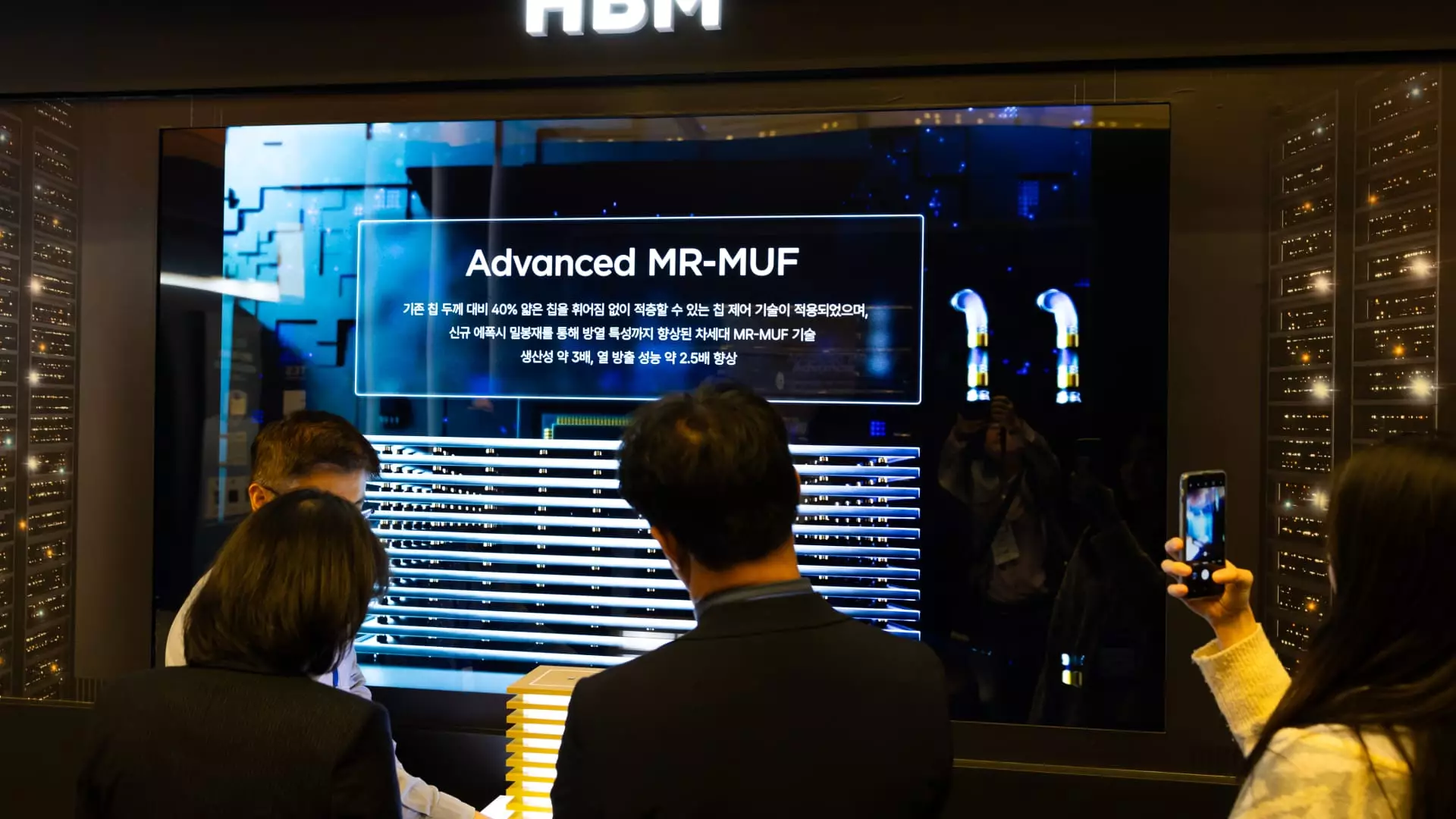In a dramatic response to the looming uncertainty surrounding U.S. tariffs, South Korea has unveiled a significant support package worth 33 trillion won, approximately $23.25 billion, aimed at bolstering its essential semiconductor sector. This decision is far from trivial; it surfaces amid heightened tensions and threats from the Trump administration regarding potential tariffs on imported semiconductors. The timing of this announcement is critical, as a mere week ago, President Trump hinted at examining the entire electronics supply chain under the pretext of national security. Such a partisan approach not only endangers the collaborative advancements in technology but also puts immense pressure on global supply chains.
The Economic Tug-of-War
The reality is that semiconductors are not just chips; they are the lifeblood of modern technology. South Korea has positioned itself at the forefront of this industry, boasting giants like Samsung Electronics and SK Hynix. By committing 33 trillion won, the South Korean government is sending a powerful message that it will not idly stand by while its industries are threatened by foreign protectionism. Compared to last year’s funding of 26 trillion won, this spike indicates an urgent acknowledgment of the geopolitical complexities that now dictate trade relations. The introduction of low-interest loans for semiconductor manufacturers and enhanced infrastructure funding illustrates a forward-thinking strategy designed to mitigate the risks posed by external pressures.
Innovation and Talent Development
The package goes beyond mere financial backing; it includes initiatives aimed at nurturing the next generation of talent in semiconductor technology. By launching training and research programs for master’s and doctoral candidates, South Korea is investing in its intellectual capital. This not only emphasizes the significance of human resources in technological advancement but also contrasts sharply with the often shortsighted focus on tariffs and protectionism seen elsewhere. The commitment to global joint research programs further exemplifies a progressive outlook, inviting foreign talent to contribute to and benefit from South Korea’s robust semiconductor ecosystem.
Market Reaction and Global Implications
The immediate market response has been positive, with the South Korean Kospi index reflecting optimism from investors regarding this strategic investment. Companies like Samsung and SK Hynix witnessed modest gains, which can be interpreted as a market endorsement of the government’s proactive stance. Notably, in a world increasingly driven by technological prowess, South Korea’s actions may serve as a beacon of resilience. As international competition intensifies, this strong support resonates well with the principles of center-wing liberalism, advocating for a balanced approach that seeks cooperation over conflict.
Looking Ahead: A Formidable Challenge
However, the landscape remains fraught with uncertainty. The billions devoted to the semiconductor sector may not be enough to shield South Korea from potential fallout if the U.S. proceeds with tariff applications. Acting President Han Duck-soo’s remarks indicate that urgent negotiations may be on the horizon, but whether diplomacy can avert a trade war remains to be seen. What is clear is that South Korea is making a stand, determined to protect its economic lineage while navigating the repercussions of global political maneuvers.


Leave a Reply